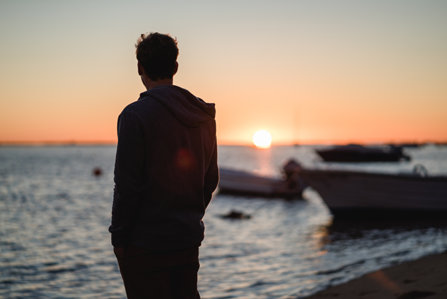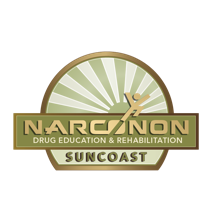Can an Addict Get Clean for Someone Else?

This is a topic I’ve gained a lot of perspective on, both through personal experience and now working at a drug rehabilitation center. Naturally, repairing relationships with loved ones seems to be a top priority for a very high percentage of people who get clean. It makes total sense because a big part of a person getting their life together is learning how to live in harmony with the people they love the most. It can also be a big reason people decide to use and turn back to drugs when those relationships don’t heal as quickly as desired. It can be a very slippery slope if a person tries to force the issue with family members because let’s face it, addiction comes with a lot of collateral damage when it comes to the people who love us.
Anyone who has been to treatment has probably heard the saying “you have to do it for yourself, not for anybody else.“ While that’s true in my opinion, what does “doing it for yourself“ even mean? Does that mean we stop caring about the people we love and start being selfish? Does it mean we can’t think about our loved ones during treatment, that we only think about ourselves and nobody else while trying to get clean? Does it mean I have to make changes that don’t involve me being a better husband, wife, father, mother, or child? I don’t think that’s what it means at all, because none of that is realistic. I believe it’s absolutely okay to find whatever motivation is necessary to get clean, and that includes being a better person for my loved ones.
The perspective I have on it is that it’s not in the “why”—it’s in the “how”. How do I do this for myself if I want so badly to repair those relationships lost and damaged through addiction? It’s easy to see why people get so confused by this notion of “doing it for yourself.” The best way I’ve found in explaining it is my experience on how the relationships in my family and with the people I love healed through getting clean. I certainly couldn’t continue to talk my way into convincing my family I was a changed man. I had burned them far too many times for those words to merit any trust. I also realized that as I was in treatment, they weren’t there to see any of the work I was putting in on myself or see my true personality shining again other than through a brief phone conversation. For them, life was still moving along on the outside, and without me.
Then one day it finally hit me. What if I stop trying so hard to repair all these relationships and just start focusing on doing the right thing? Making good decisions and becoming a responsible person. Going about my day being the best person I know how to be and basing my choices on that. It suddenly became clear to me that all I had to do was take care of myself, make one good decision after another that was healthy for me and see what happens. Low and behold, as I did these things and as I started making decisions that were leading me down a healthy path, everything around me became healthier, including my relationships with the people I had hurt through addiction.
“Once the addict was no longer in the picture, the damage caused by the addict began to be replaced by the person I had become in its place. I healed, we healed. That is how I did it for myself.”

I won’t say all was forgiven or that things fixed themselves overnight. That’s completely unrealistic. But the damage that was caused through addiction was caused by an addict. The only way to make anything better in that regard is to live a life that doesn’t involve addiction. One good decision after another, one day after another, and things began taking care of themselves. Once the addict was no longer in the picture, the damage caused by the addict began to be replaced by the person I had become in its place. I healed, we healed. That is how I did it for myself.
Justin P—Narconon Suncoast Graduate


